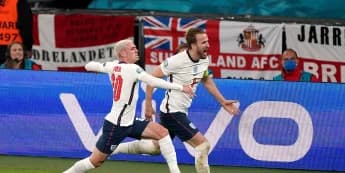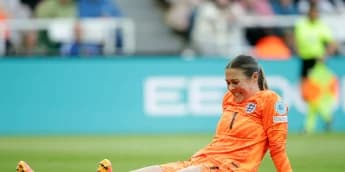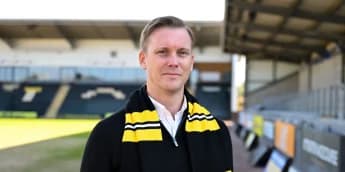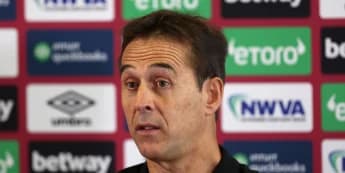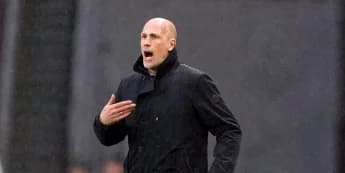UEFA this season increased the initial phase of the Champions League and Europa League from six games to eight.
The unrelenting football schedule is pushing players to their limits, and Tottenham Hotspur boss Ange Postecoglou, alongside captain Son Heung-min, have raised their voices in unison to demand change. As Spurs gear up for their Europa League campaign at home against Qarabag, the conversation has shifted from the field to the boardroom. With UEFA increasing the group-stage matches in both the Europa League and Champions League from six to eight, the physical and mental toll on players has become undeniable.
Just last week, Manchester City’s midfield maestro Rodri hinted at the possibility of a player strike to combat the unsustainable fixture congestion. Days later, he fell victim to a serious knee injury, a stark reminder of the very real consequences of an overpacked calendar. Postecoglou, known for his no-nonsense approach, has taken a firm stance on the issue.
Postecoglou’s Urgent Warning
Speaking to reporters ahead of Spurs’ clash with Qarabag, Postecoglou did not mince his words. “The players may take things into their own hands,” he said. “They’re the ones most affected, so you would understand if they started to think as a collective, how much are we going to have to continually not have a say in?”
The Tottenham boss stressed the increasingly dangerous expectations placed on players, not only by the clubs but also at the international and continental levels. “Players don’t get a break between seasons anymore like they used to,” Postecoglou continued. “There are more tournaments, and it’s going to get to a point where we are not going to have the best players out there playing. Even worse, we’re going to see them breaking down for various reasons.”
Postecoglou’s remarks reflect a growing sentiment in the football world that something must change. The physical demands placed on athletes have reached a tipping point, and unless action is taken, the quality of football could diminish as players face longer stints on the injury list.
Son Heung-min Speaks Out: “We’re Not Robots”
Tottenham’s captain and star forward, Son Heung-min, also weighed in on the issue. Son, who regularly racks up air miles jetting across the globe to represent South Korea, emphasized the immense strain that modern football places on players, particularly those balancing domestic, international, and continental commitments.
"We’re not robots," Son said bluntly, addressing the misconception that professional athletes are impervious to fatigue. "Mentally, physically, you're not ready. Then going on to the pitch and the risk of injury is massive. Don’t get me wrong, we love playing football. That’s clear. But it’s about adding more games."
Son’s concerns were echoed in the recent scheduling of Manchester City’s fixtures. City, who had just played a demanding 2-2 draw against Arsenal on Sunday, were required to face Watford just two days later. The quick turnaround left little room for rest, and Rodri’s knee injury was a painful reminder of what can happen when players are pushed too hard.
Reflecting on the situation, Son said, “City played Sunday and Tuesday, and it wasn’t even flexible. It could have been moved probably to Wednesday instead of Tuesday. It’s not flexible. That’s what we’re talking about.”
The forward pointed out that the burden on players is not only physical but also mental. Constant travel, minimal recovery time, and a relentless schedule lead to high injury risks. "Rodri said the right things,” Son added. “We play 50, 60, sometimes more than 70 games in a season. When the fixtures come, the players have to play. But there's way too many games, and what you want to see is quality football."
The Battle for Quality Over Quantity
Postecoglou and Son are not alone in their concerns. As the debate over fixture congestion intensifies, more players and managers are calling for a solution that prioritizes player welfare over squeezing in as many matches as possible. The sheer volume of games, combined with international commitments and domestic competitions, has created an environment where injuries are almost inevitable.
The ultimate goal, as Son pointed out, should be high-quality games featuring top players, not overworked athletes struggling to stay fit. "Injuries sometimes come with fewer games, but with lots of travelling and too many matches, the risk is higher," Son explained.
Football authorities, including the FA and FIFA, have a responsibility to take this issue seriously. As Son rightly stated, “It’s not just random and a few players coming out and saying this. It’s a genuine concern that needs to be addressed.”
The Road Ahead
With Tottenham and other top clubs juggling domestic and international fixtures, the conversation surrounding player welfare is likely to grow louder. For Postecoglou and Son, the solution is simple: football’s governing bodies must take the players' concerns seriously before it’s too late.
As Spurs prepare to kick off their Europa League campaign, all eyes will be on how the team manages the balancing act between competing on multiple fronts and maintaining the health and well-being of their players. One thing is certain: the voices calling for change are getting louder, and it’s only a matter of time before something gives.



